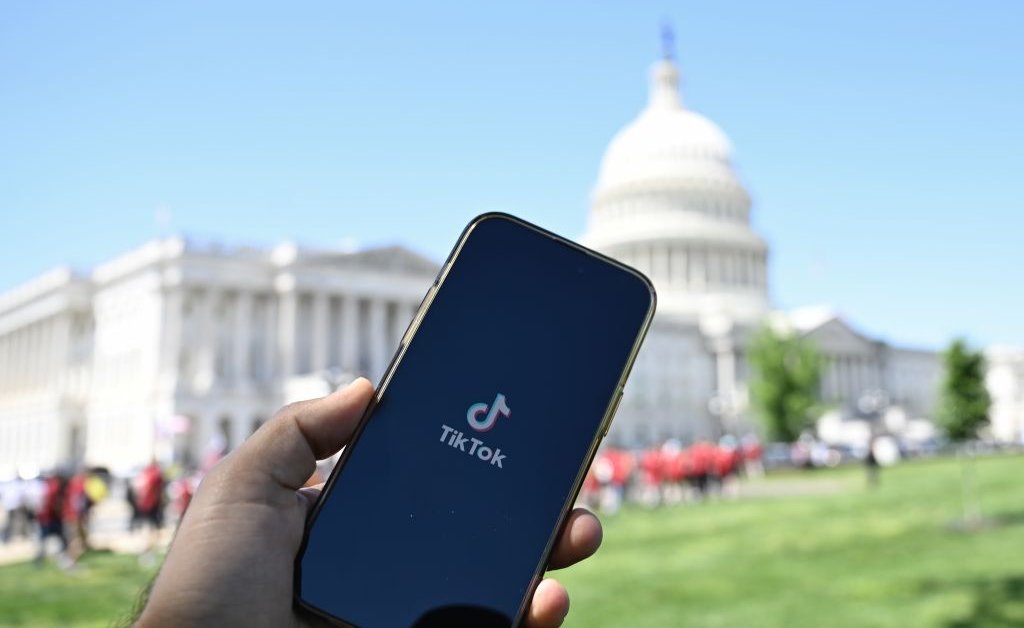The House of Representatives recently passed a bill calling for the Chinese parent company of TikTok, ByteDance, to sell the app or face a nationwide ban. This bill is expected to pass the Senate and be signed into law by President Biden, with Bryan Cunningham, the executive director of UC Irvine’s cybersecurity policy and research institute, stating that it is almost certain to happen. However, despite this legislative success, there are still legal challenges, antitrust hurdles, and potential public backlash that could impact the fate of TikTok.
Conservatives in the House have been particularly vocal in their opposition to TikTok, citing concerns about Chinese propaganda and surveillance of the 170 million Americans who use the app. These concerns were heightened during the Israel-Hamas War when politically-charged content flooded the platform. In March, the House passed a bill giving ByteDance the ultimatum of selling the app or facing a ban, but the bill faced challenges in the Senate. However, a new path forward emerged when the House attached a similar anti-TikTok bill to a U.S. foreign policy package, which includes aid for Ukraine and Israel.
The measure in the package, which includes the ban on TikTok and penalties against Russia and Iran, passed with overwhelming support in the House. The Senate is expected to vote on this package soon, with Senator Chuck Schumer expressing readiness to move forward with the next steps. Even senators who previously expressed skepticism about a TikTok ban, such as Maria Cantwell, have indicated that they are now open to considering the bill as part of the larger foreign policy package.
If the bill to ban TikTok is passed into law, it will likely face legal challenges and antitrust hurdles. ByteDance could potentially challenge the ban in court, and there may be concerns about the impact on competition in the social media market. Additionally, there could be public backlash against the ban, as TikTok has a large and dedicated user base in the U.S. Despite the legislative momentum behind the ban, the future of TikTok in the U.S. remains uncertain.
In conclusion, the House of Representatives has passed a bill calling for the sale of TikTok or a nationwide ban, which is expected to be approved by the Senate and signed into law by President Biden. However, there are still legal challenges, antitrust concerns, and potential public backlash that could impact the fate of the popular video platform. The bill gained momentum in response to concerns about Chinese propaganda and surveillance, and it was attached to a U.S. foreign policy package that includes aid for Ukraine and Israel. The future of TikTok in the U.S. remains uncertain as the legislation continues to move forward.









